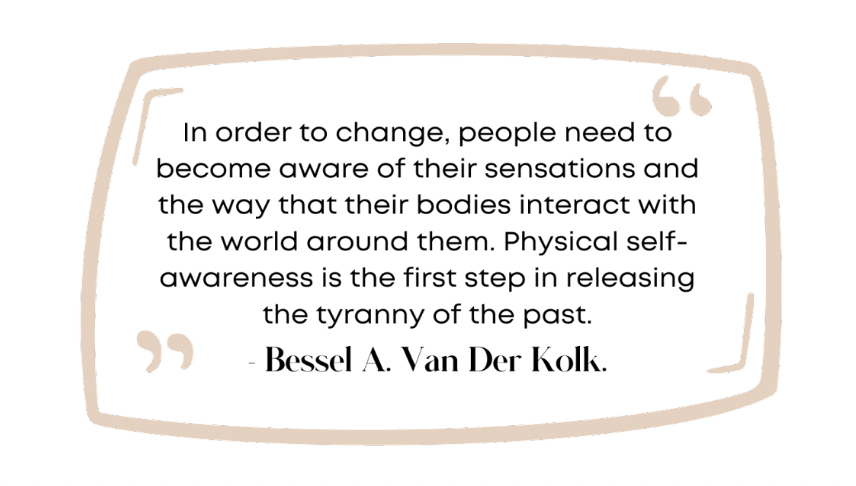What Is Trauma?
*Trigger Warning - This blog may contain sensitive topics.
What Is Trauma?
According to the Centre for Addiction and Mental Health (CAMH), trauma refers to the emotional response that persists after living through a distressing event. The experience of a traumatic event can harm an individual's sense of safety, self, and ability to regulate emotions and navigate relationships. People can experience trauma at different points in their lives and in varying degrees.
What Happens After Experiencing Trauma?
Although shock and denial are common emotions preceding a traumatic event, the effects of trauma can manifest in different areas of an individual's life. A person may experience unpredictable feelings, changes in behaviour or thought patterns, become sensitive to their environment, experience strained interpersonal relationships, and increased stress.
What Are The Different Types of Trauma?
There are three main types of trauma: acute, chronic, and complex. Acute trauma results from a single traumatic event, whether recent or from the past. Chronic trauma is a result of a repeated or prolonged traumatic experience. Complex trauma can be due to various exposures to traumatic events.
Additionally, some examples of other types of trauma include secondary trauma, historical or intergenerational trauma, and "little t trauma," which refers to experiences that are part of everyday life, such as losing a job or moving to a new city.
Each person has a unique ability to handle stress, which also affects their ability to deal with trauma. Therefore, what may be traumatic for one person may not have the same effect on another.
What is PTSD?
Post-traumatic stress disorder (PTSD) is a psychological condition that may occur in people who have experienced or witnessed a traumatic event such as natural disasters, serious accidents, war, rape/sexual assault, intimate partner violence, or bullying. PTSD can occur in people of any ethnicity, nationality, culture, or age. After experiencing a traumatic event, it is common to develop "triggers."
What is a Trigger?
A trauma trigger refers to anything that reminds an individual of past trauma. Triggers can vary and may include a specific scent, songs or sounds, a particular piece of clothing, or watching or hearing about something similar that happened to the person. Triggers are often specific to the individual and their trauma, which is why it is essential to put trigger warnings on books, TV shows, documentaries, etc.
Triggers can happen unexpectedly, be all-consuming and even terrifying.
What Happens When You Experience a Trauma Trigger?
When an individual becomes "triggered," thoughts and memories associated with their trauma can come back unexpectedly. Being triggered is not always something an individual is prepared for, especially when a new trigger may have developed. Trauma triggers can overwhelm a person with emotion, and it may even feel like they are reliving the event.
Identifying a Trigger
Initially, triggers may be unknown and unexpected, but over time, an individual can start to become aware of and identify their triggers. Once an individual has identified their triggers, it can become easier to manage them. Journaling can be helpful to explore triggers, and an individual can identify patterns and similarities between them. Coping tools, such as affirmations, can reduce feelings of anxiety and help ground a person in the present moment to overcome the trigger.
How Can Therapy Help?
Therapy can help individuals deal with the emotional response caused by a traumatic event through trauma therapy. Trauma therapy may include prolonged exposure therapy, cognitive processing therapy (CPT), and trauma-focused cognitive-behavioural therapy (TF-CBT). Therapists can provide understanding, validation, and acceptance, which can help individuals start to heal. Additionally, therapists can help individuals develop a new perspective by challenging problematic thought patterns, learn to cope with trauma triggers, and provide support throughout the healing process.
Other tips to cope with trauma include leaning on loved ones for support, facing feelings, prioritizing self-care and finding a routine, and being patient with the healing process.
Remember, everyone’s trauma is different, but that doesn’t mean you’re alone in your situation. Reach out for help if you feel that you need it, and remember that it takes time.



